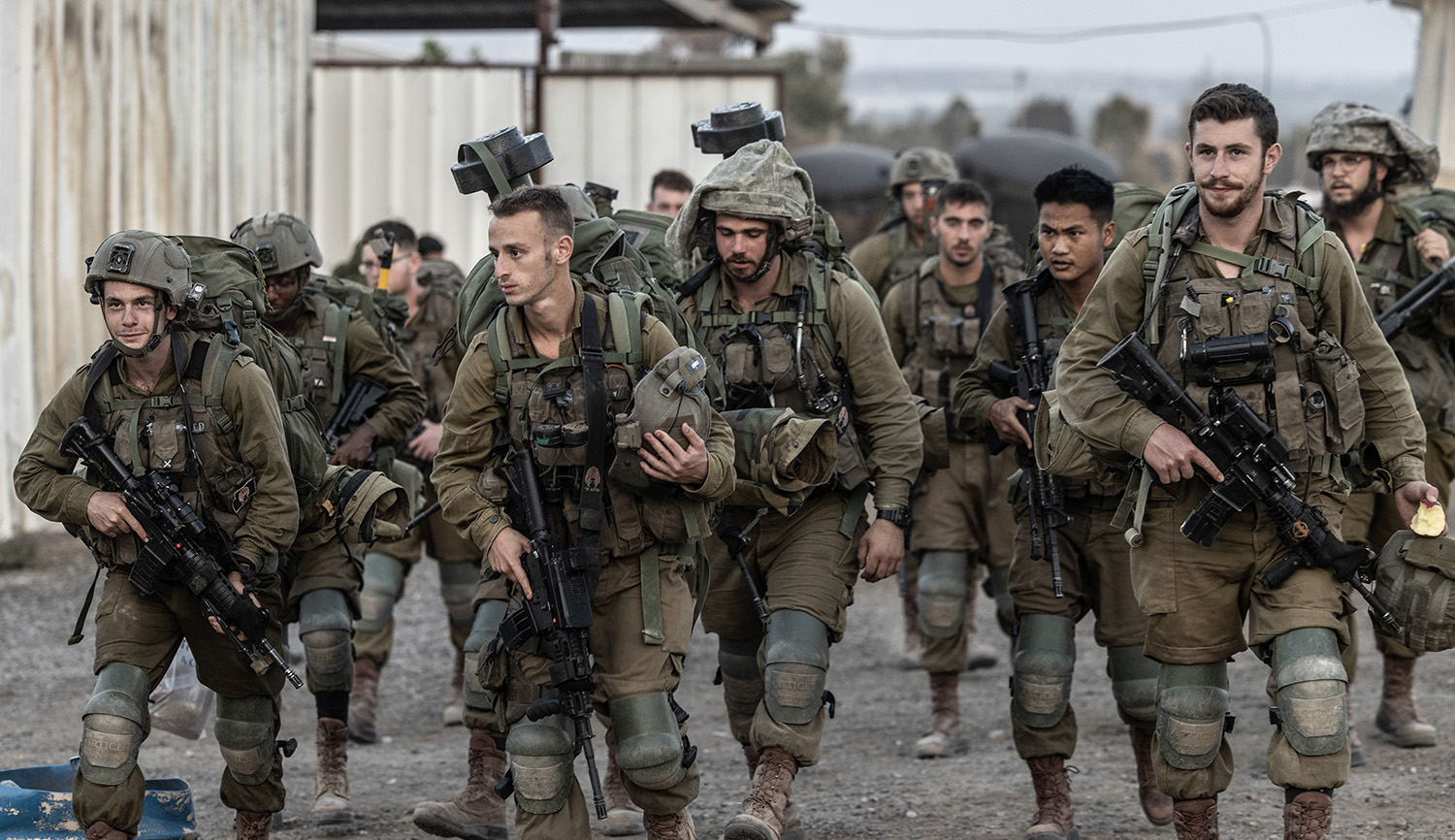Unlike the not-so-independent-minded writers attacking PEN America today, Russian writers have had to face real censorship and the possibility of serious punishment for their work—whether they labored under tsarist, Soviet, or Putinist rule. They also did something that I doubt many of today’s writers do: treat religion with deadly seriousness. Gary Saul Morson delves into the subject.
Ultimate questions were asked in ultimate conditions. The poet Osip Mandelstam died on the way to the Gulag. Isaac Babel was shot. Many writers disappeared. The lucky ones found themselves in exile. Witnessing murder and cruelty on a hitherto unimaginable scale, they naturally thought: so this is where atheism and materialism lead! And isn’t that a good reason to embrace faith? One still astonishing fact about militantly atheist Soviet culture is that three of its greatest literary masterpieces—by Pasternak, Bulgakov, and Solzhenitsyn—were avowedly Christian, and a fourth, Life and Fate, by the Jewish writer Vasily Grossman, was equally spiritual.
It’s worth mentioning that Babel, Mandelstam, and Boris Pasternak were also Jews. Like their Christian counterparts, their religious preoccupations were shaped by those who came before them:
From the start, the key question was where morality came from, if there was nothing but natural laws. “If there is no God, all is permitted.” . . . Is it any wonder, then, that once the implications of materialism and atheism became clear, some writers came to profess absolute morality, the soul, individual responsibility, Christian virtues, and even belief in God? Even those who remained atheists . . . could not help noticing that Communists who found themselves in prison were the first to betray others.
“The fact is that I am a Christian,” the late Alexei Navalny explained. “I was once quite a militant atheist myself . . . But now I am a believer, and that helps me a lot in my activities.” . . . Navalny learned, as Solzhenitsyn, Natan Sharansky, and many others did, that it is the God of the Universe who gives us the living water to nourish our souls. And it is our soul, not our life, that matters most.
More about: Atheism, Isaac Babel, Religion, Russian Jewry, Russian literature


